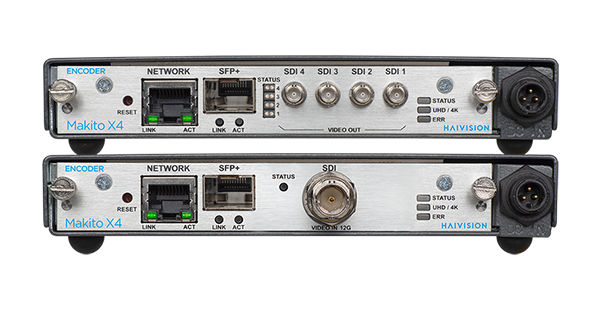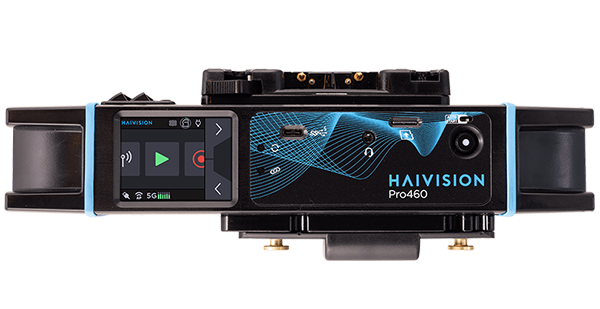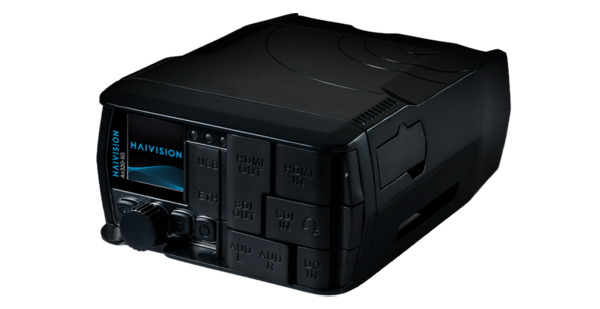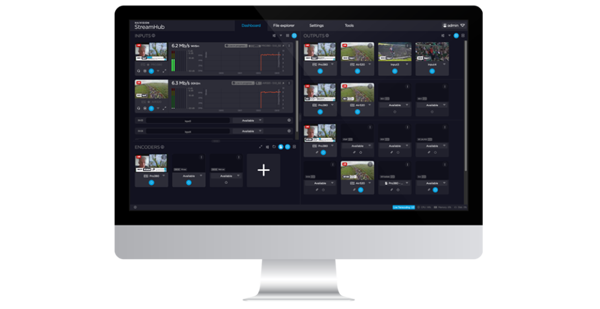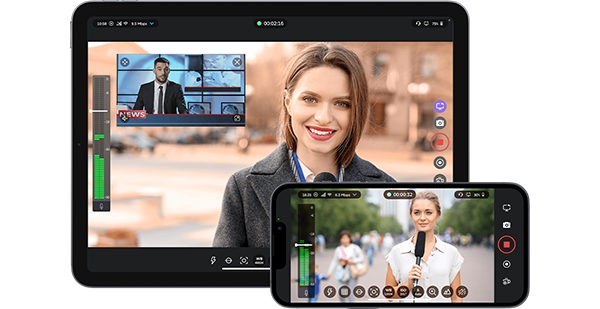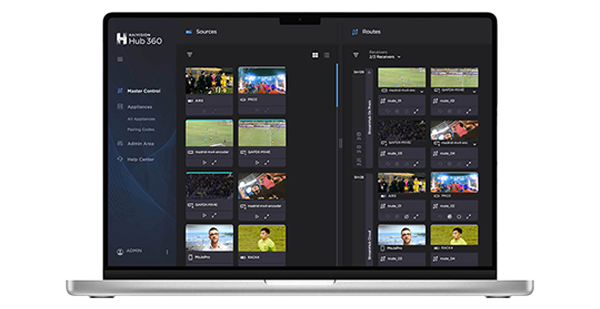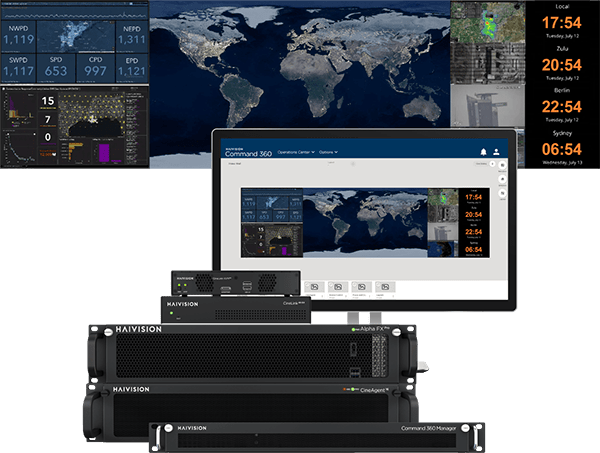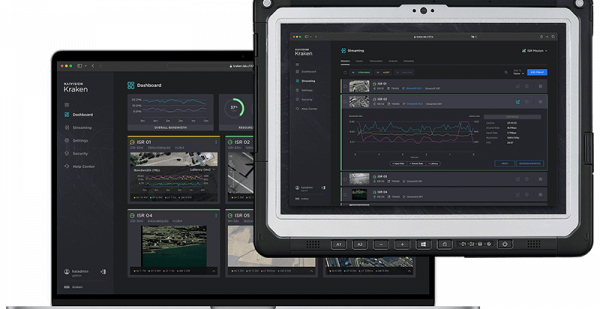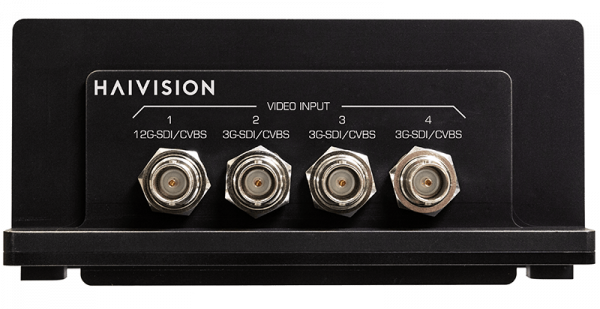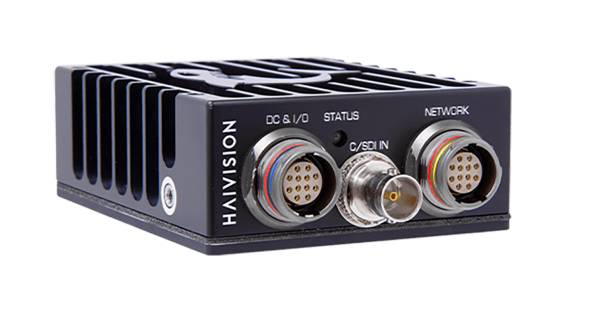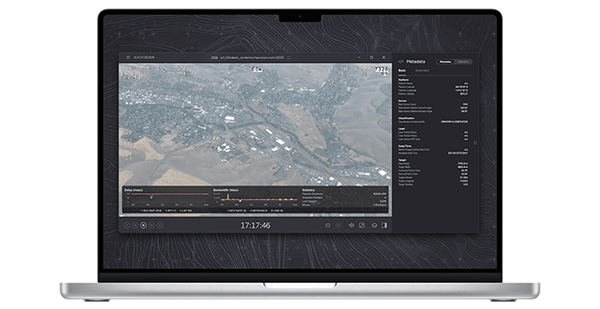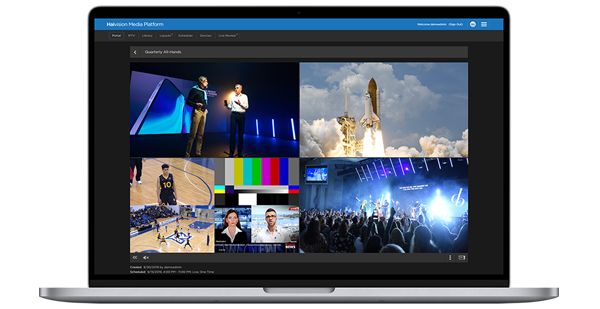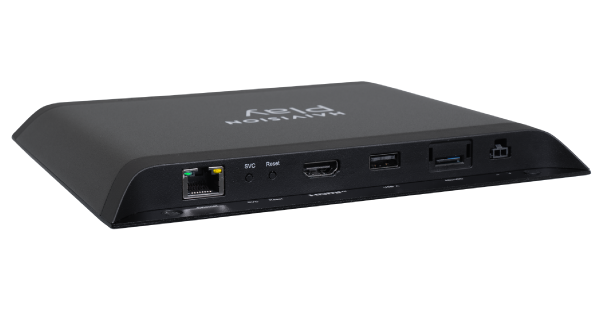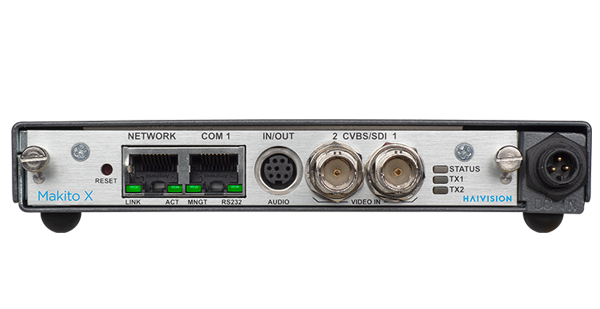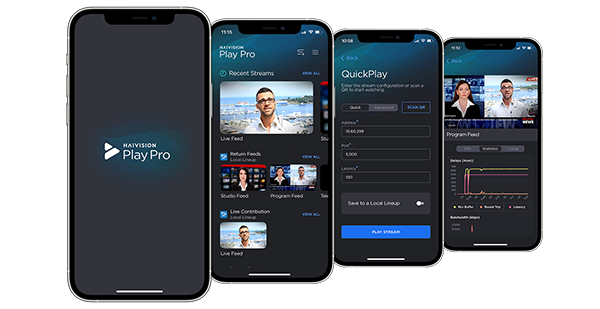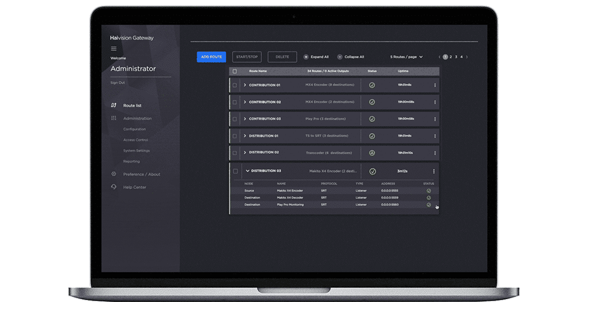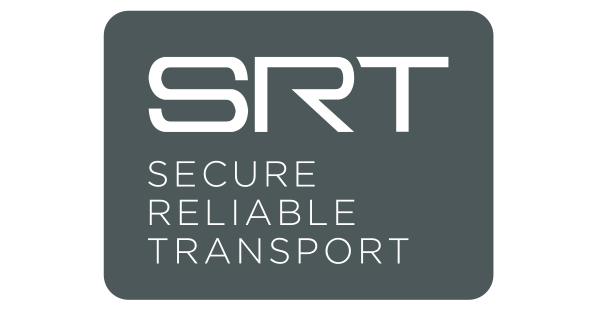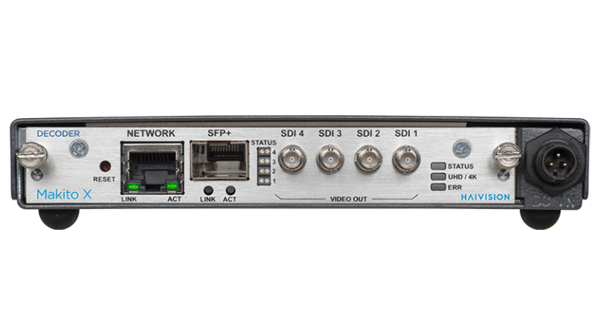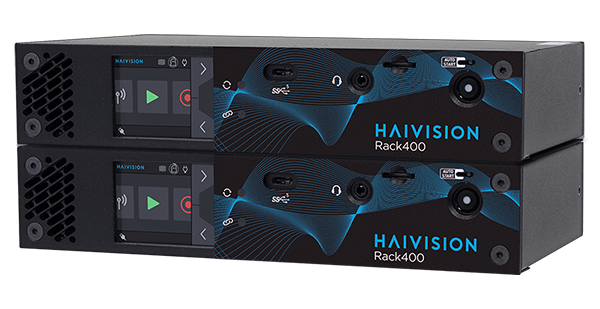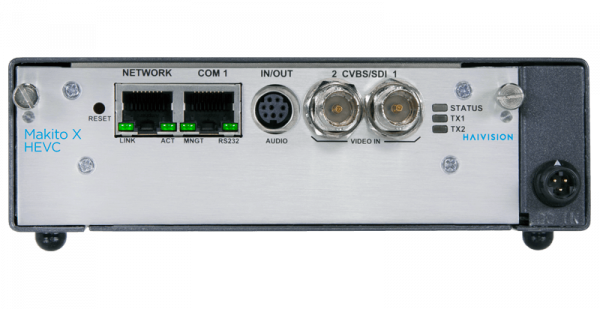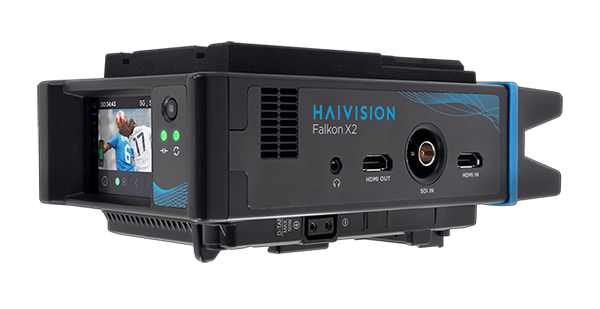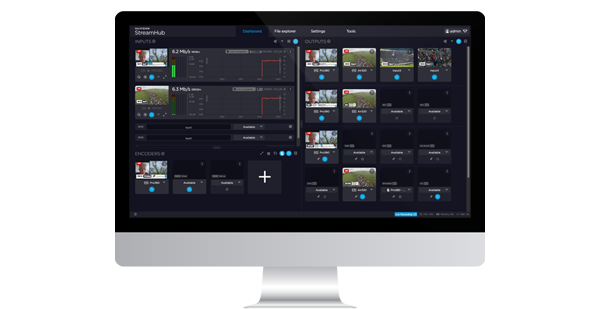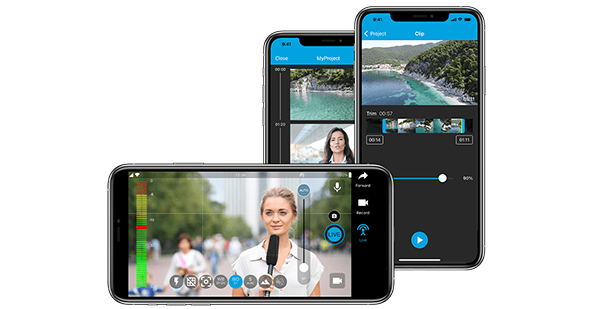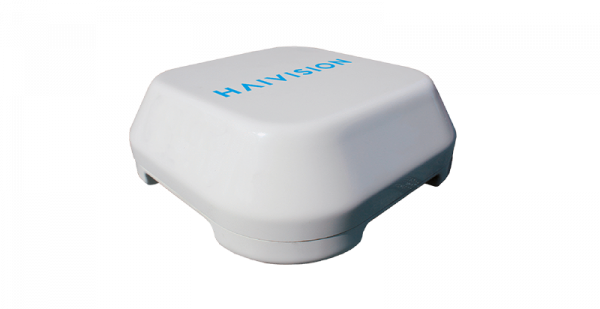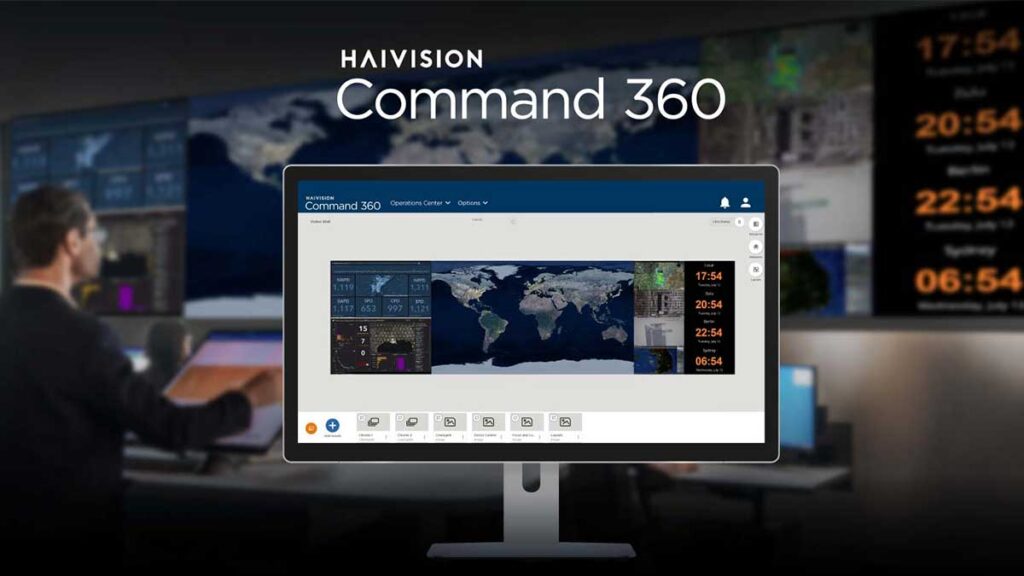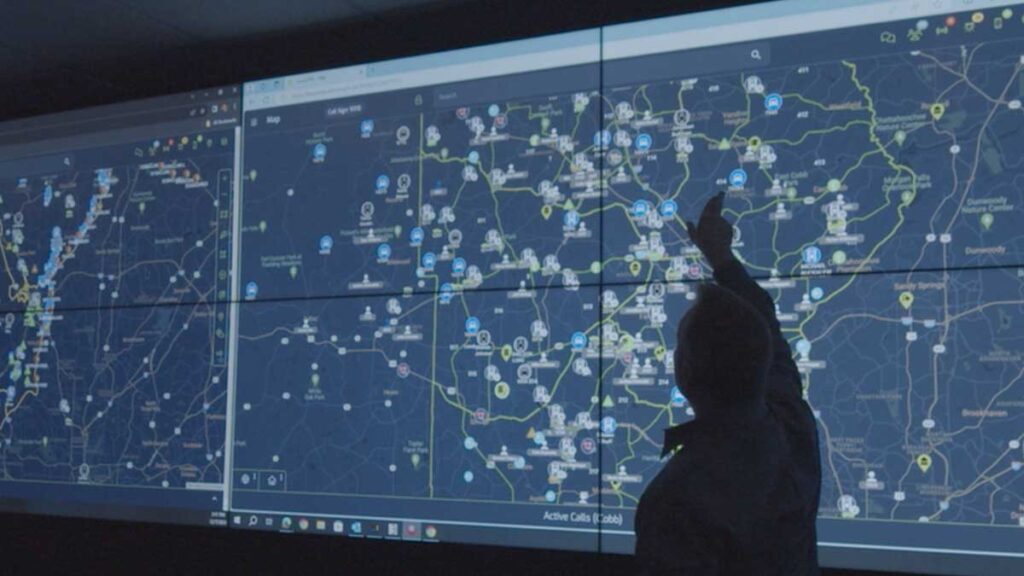Real-Time Crime Centers (RTCCs)
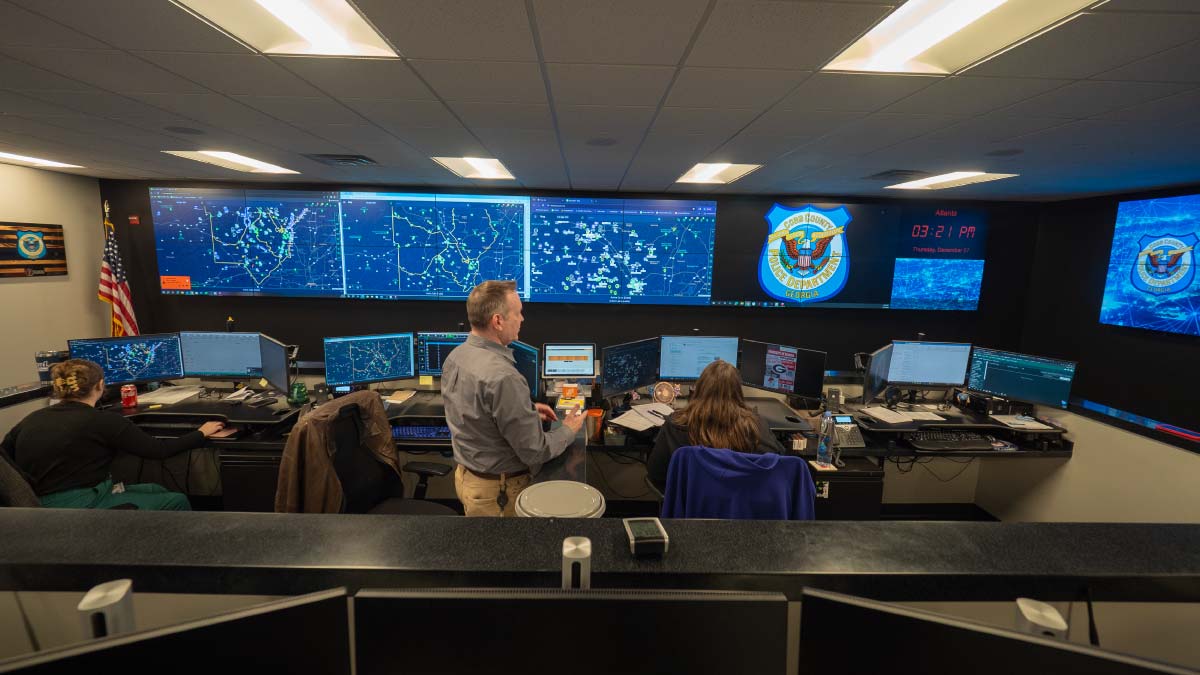
A real-time crime center (RTCC) is a centralized hub that leverages advanced technology and data analysis to provide law enforcement agencies with real-time information and intelligence. These centers are equipped with video surveillance, CCTV feeds, bodycam footage, news and weather reports, and other data analytics tools, allowing police officers to monitor and respond quickly to unfolding incidents. The primary goal of a real-time crime center is to enhance situational awareness and enable more efficient resource deployment to prevent and respond to crimes.
Real-time crime centers integrate various data sources, including live video feeds, criminal databases, social media monitoring, and 911 call data, to provide comprehensive situational awareness. By analyzing this data, analysts can identify crime patterns, provide crucial information to officers on the ground, and support coordinated responses to emergencies. This proactive approach helps law enforcement agencies reduce response times and make data-driven decisions.
A key advantage of real-time crime centers is their ability to connect disparate data points, offering a holistic view of ongoing situations in urban areas. This connectivity supports real-time collaboration between departments and agencies, leading to more effective crime prevention and community safety. Real-time crime centers play a crucial role in large-scale public events and critical incidents by providing a centralized location for command-and-control operations.

